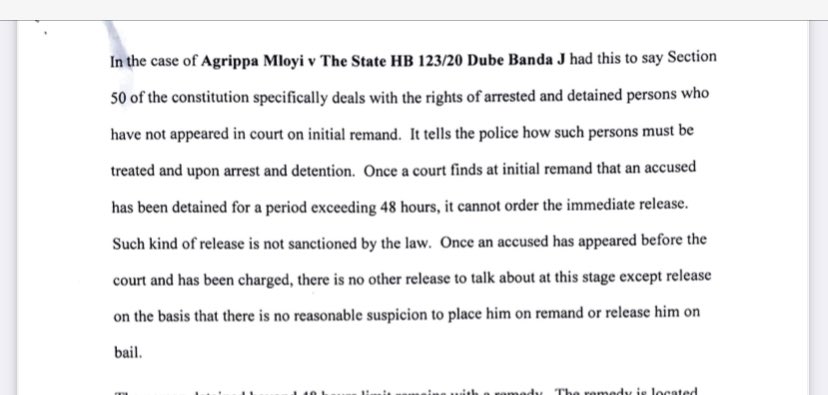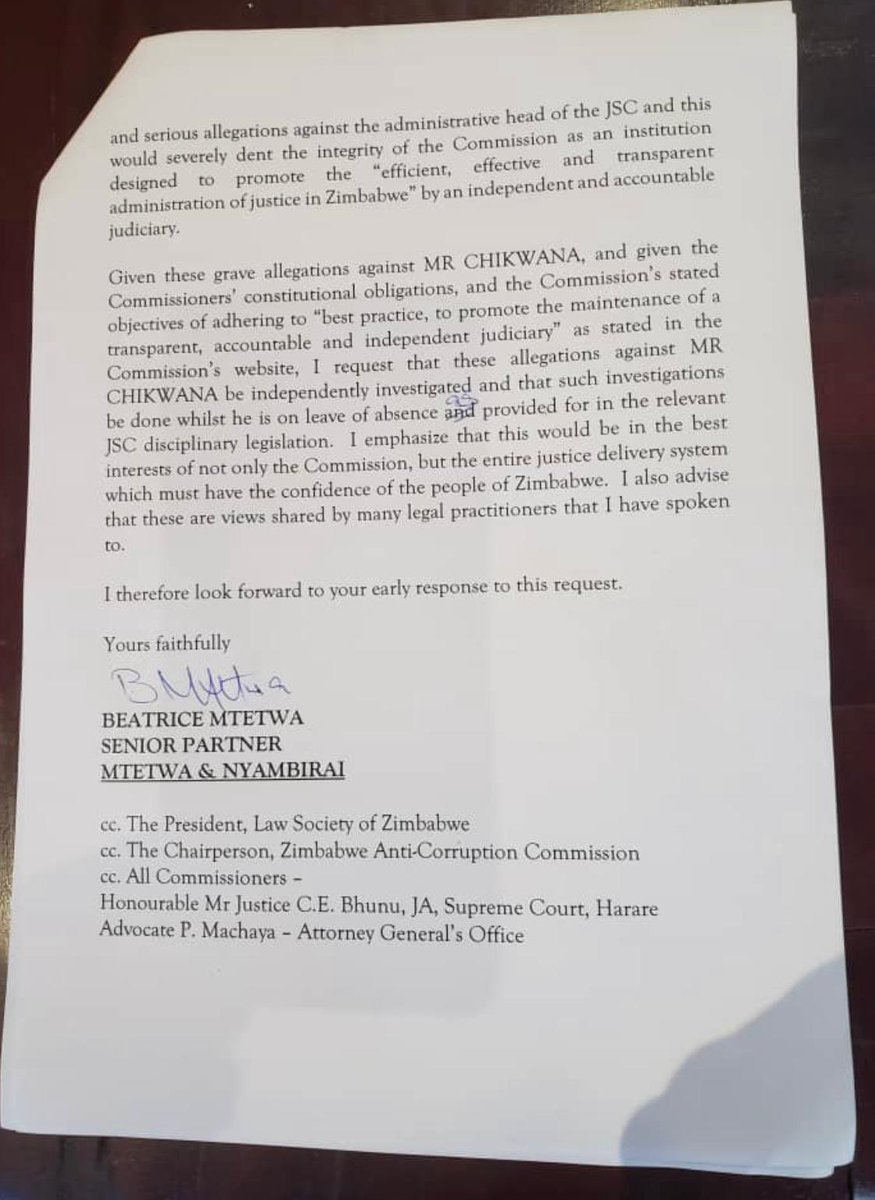
1. Fidelity Printers & Refinery (FPR) is Zimbabwe’s gold refiner & for a long time the holder of a monopoly in the purchase & export of gold. It is also the printer of currency and security documents. This is a story of how at its peak, FPR was punching well above its weight.
2. I was fascinated to learn that at one point FPR had overspill contracts to print US$ notes for the Federal Reserve. It also used to print currency & other securities for several countries in Africa. For example, FPR printed cheques for the Central Bank of Angola among others.
3. FPR had contracts to produce passports for SADC officials & Certificates of Origin for the Comesa Region. FPR produced phone recharge cards for Egyptian, Tunisian & Moroccan telecoms companies. It also serviced the local telecoms companies Econet NetOne, Telecel, TelOne, etc
4. Business was so good that in 2010 with great demand for recharge cards, FPR invested in a major new system to boost production. Given this major printing technological capacity one wonders why Zimbabwe has a backlog in the delivery of national IDs, passports, etc.
5. The story of how Zim got this capacity goes back to the dynamics of the post-UDI era in Rhodesia. It is documented in Klaus W. Bender’s book Moneymaker - The Secret World of Banknote Printing. It explains the start of the relationship with German company Giesecke and Devrient
6. Before UDI, Rhodesian money was printed by a British firm, Bradbury Wilkinson. This ended when sanctions were imposed after UDI. The Smith regime turned to the G&D, the German firm which obliged. But this resulted in a serious diplomatic tiff with the British.
7. Banknotes that G&D had printed (30 metric tons) had to be destroyed. But this did not stop the relationship that G&D had established with the regime. An arrangement resulted in G&D helping Rhodesia to build a local printing facility with a South African firm as a middleman.
8. G&D sold its old printing machines to the Reserve Bank of Rhodesia. It was from adversity that country’s banknote printing capacity began. Post-independence, the relationship with G&D remained solid. It was there printing useless notes during the hyperinflation days.
9. FPR grew into a developed into a major national asset. But now it’s a far cry from its glorious days when it had clients from all over the world. Yet another national institution that was inherited but brought down through incompetence and corruption.
10. They never tell you these stories because they are inconvenient. They are busy clowning around & performing gimmicks to promote a populist & useless agenda. When we talk these histories it is to remind ourselves of our capabilities. We just need proper & selfless leadership.
• • •
Missing some Tweet in this thread? You can try to
force a refresh












